
Recommendation
What you put into your body has an impact on your physical health. You are in big trouble if you live on candy, chips and root beer. Similarly, what you dwell on in your mind affects your mental health. If your thoughts are self-critical, obsessive and anxious, you will not be happy. In fact, you will probably be miserable and neurotic. Fortunately, just as you can improve your physical health with diet and exercise, you can also take specific steps to improve your mental health. Cognitive therapy experts Gillian Butler and Tony Hope show you these steps and teach you how to use them to develop a healthier, happier mind. They offer sensible techniques you can use to feel more self-confident, and less anxious, stressed and fearful. This self-help guide outlines techniques for achieving your mental health goals, including chapters on beating bad habits and building decision-making and memory skills. getAbstract suggests this exemplary book to anyone who wants to be more positive, upbeat and serene.
Summary
About the Authors
Gillian Butler, Ph.D., is a psychologist and clinician. She helped found the Academy of Cognitive Therapy. Psychiatrist Tony Hope, M.D., teaches medical ethics at the University of Oxford.









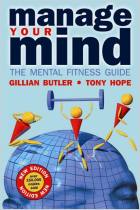
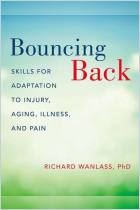
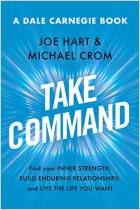
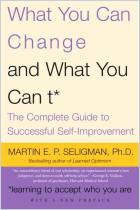
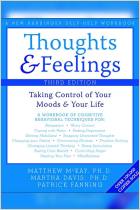
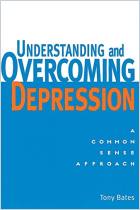







Comment on this summary or 开始讨论